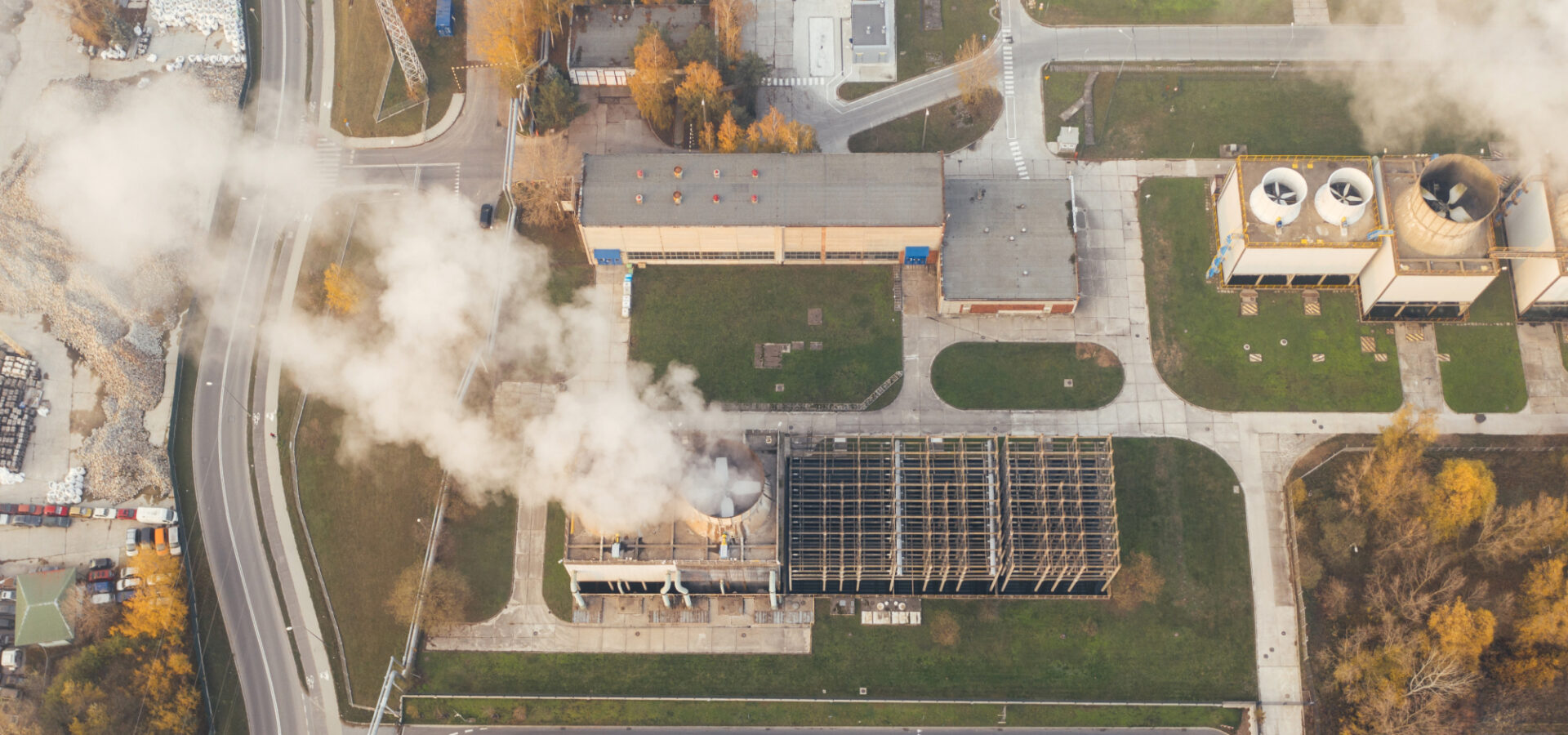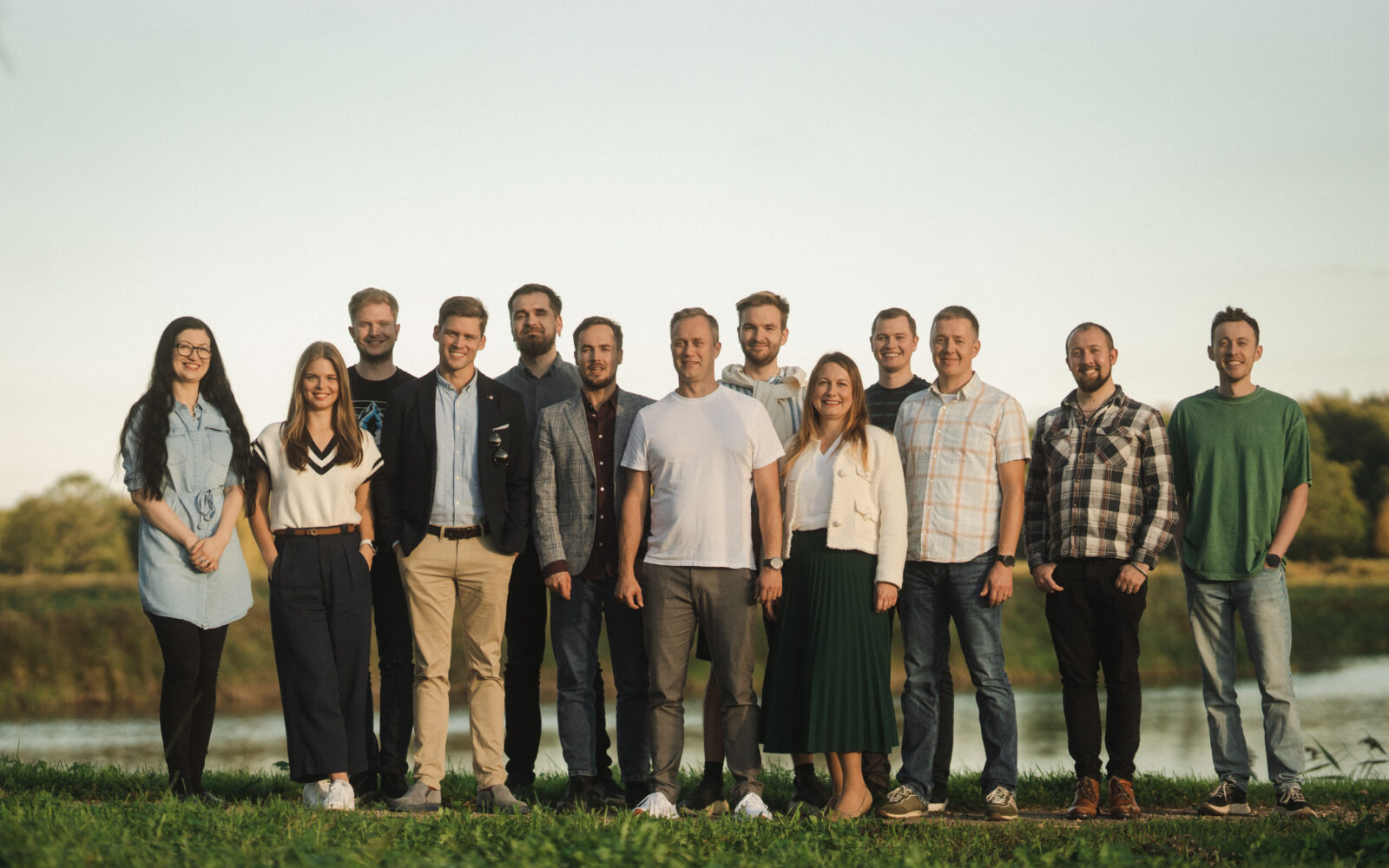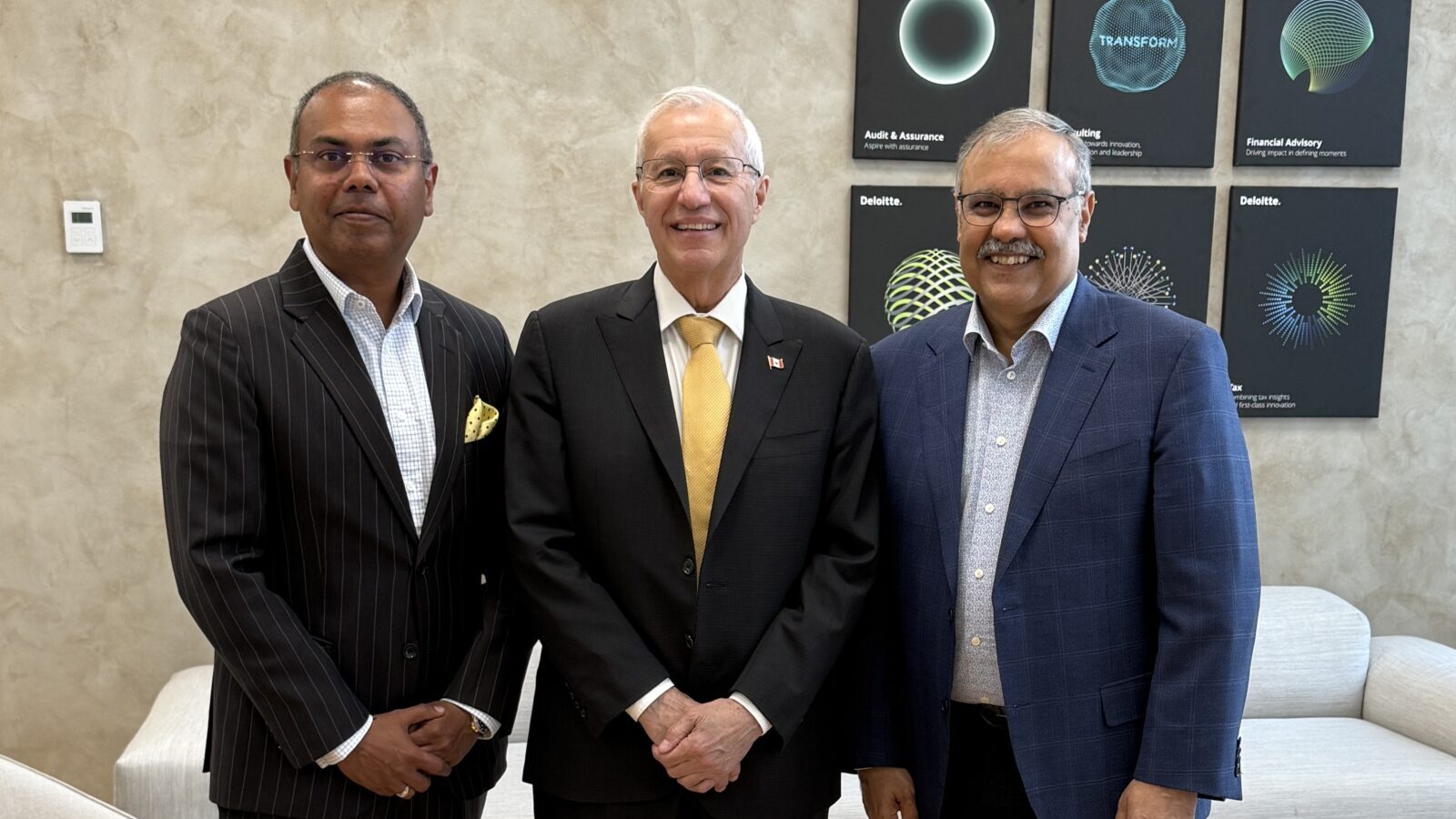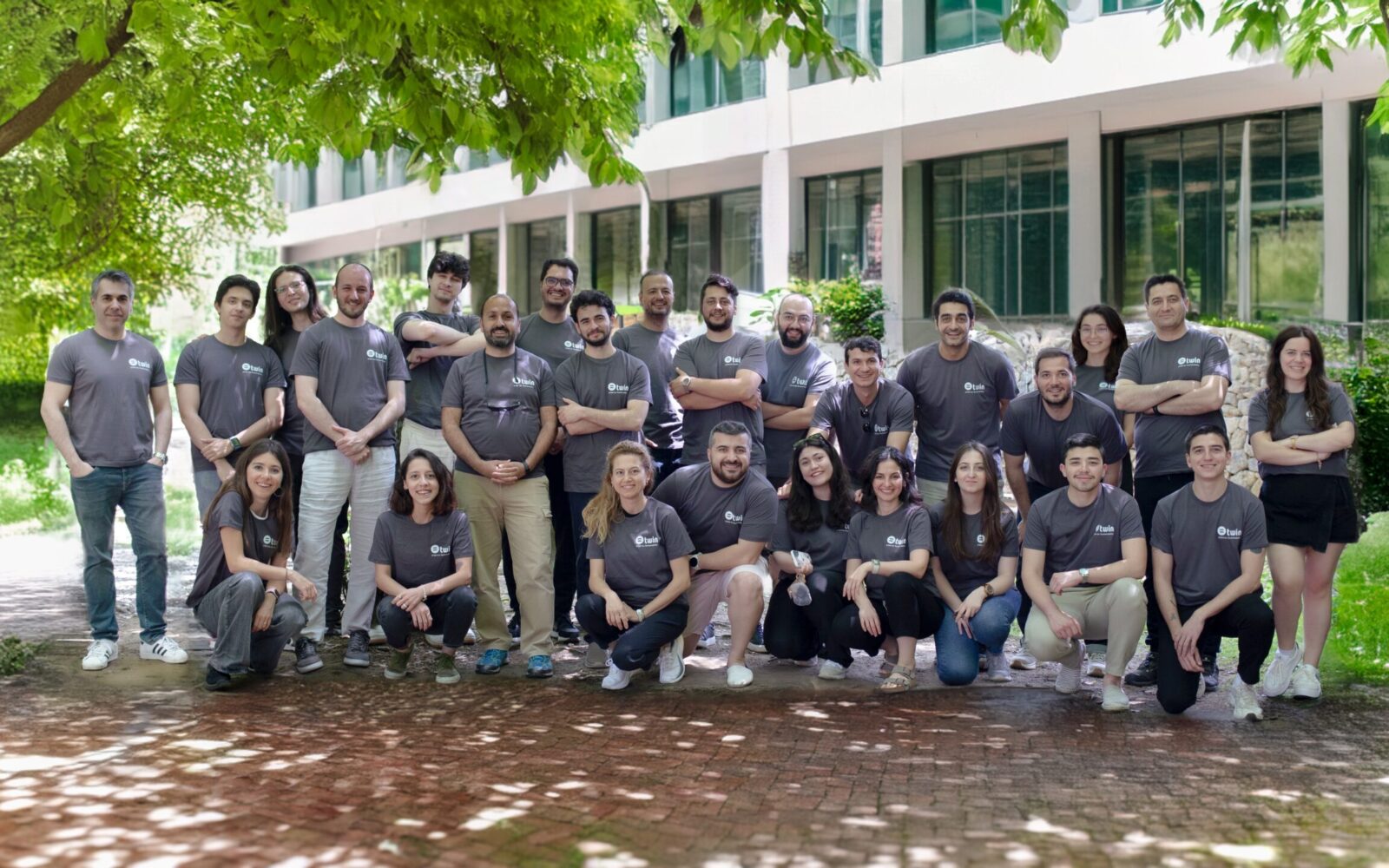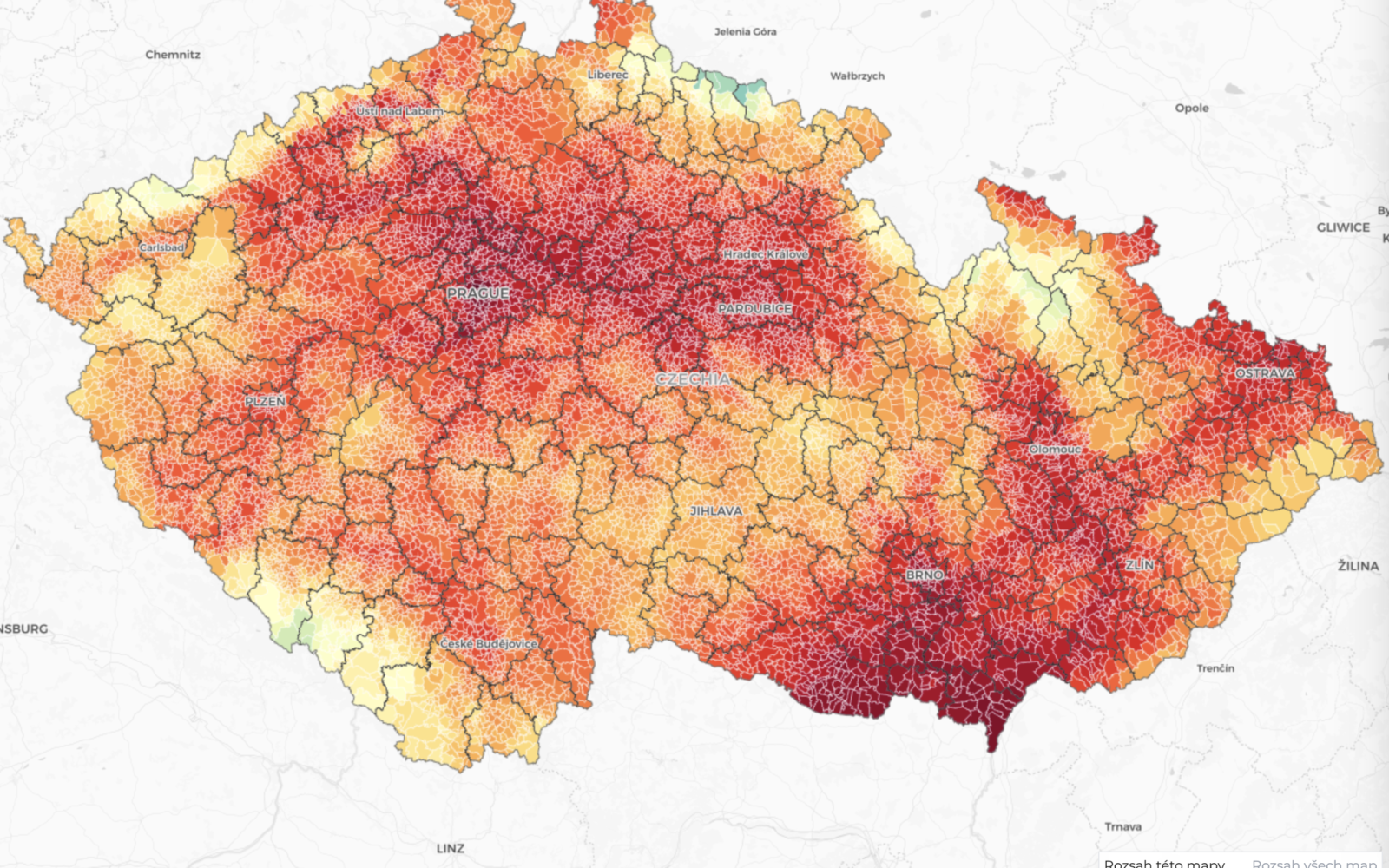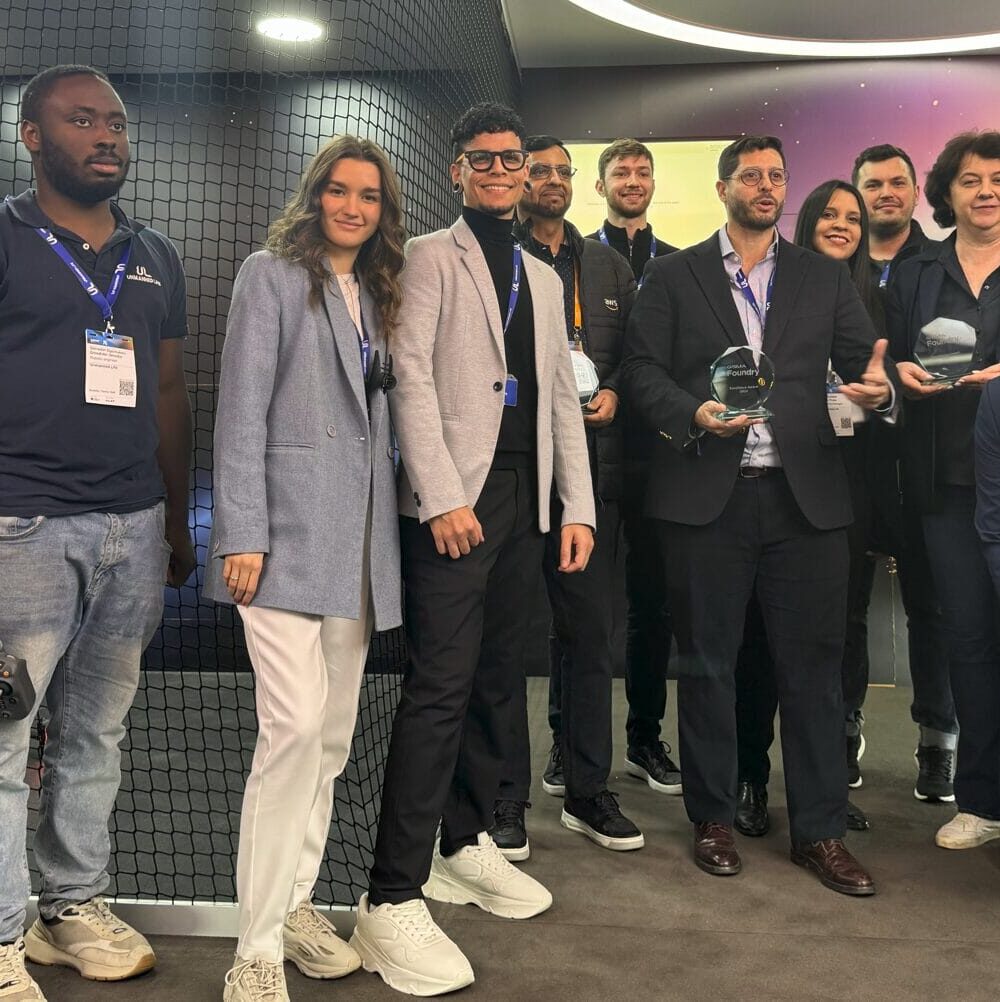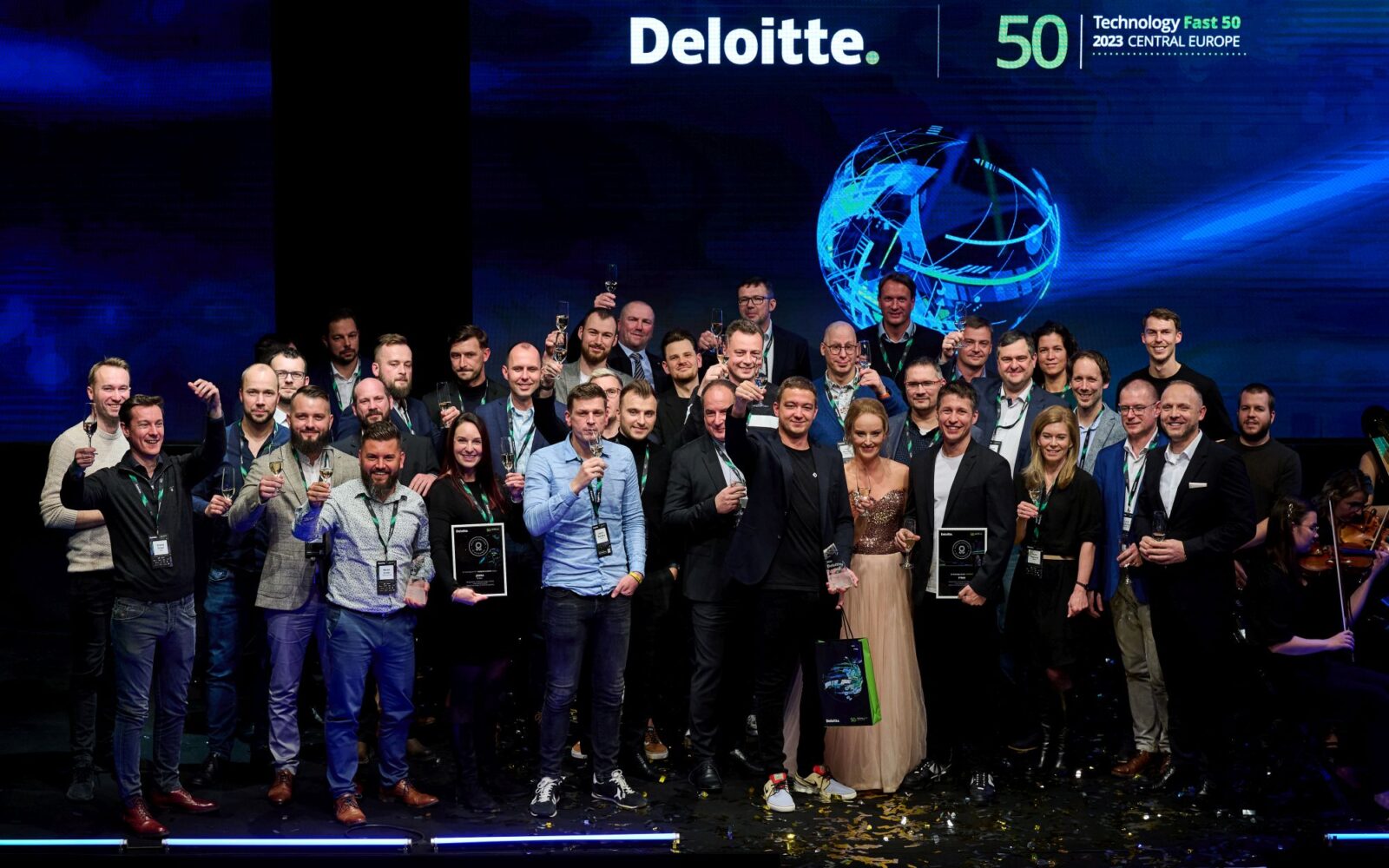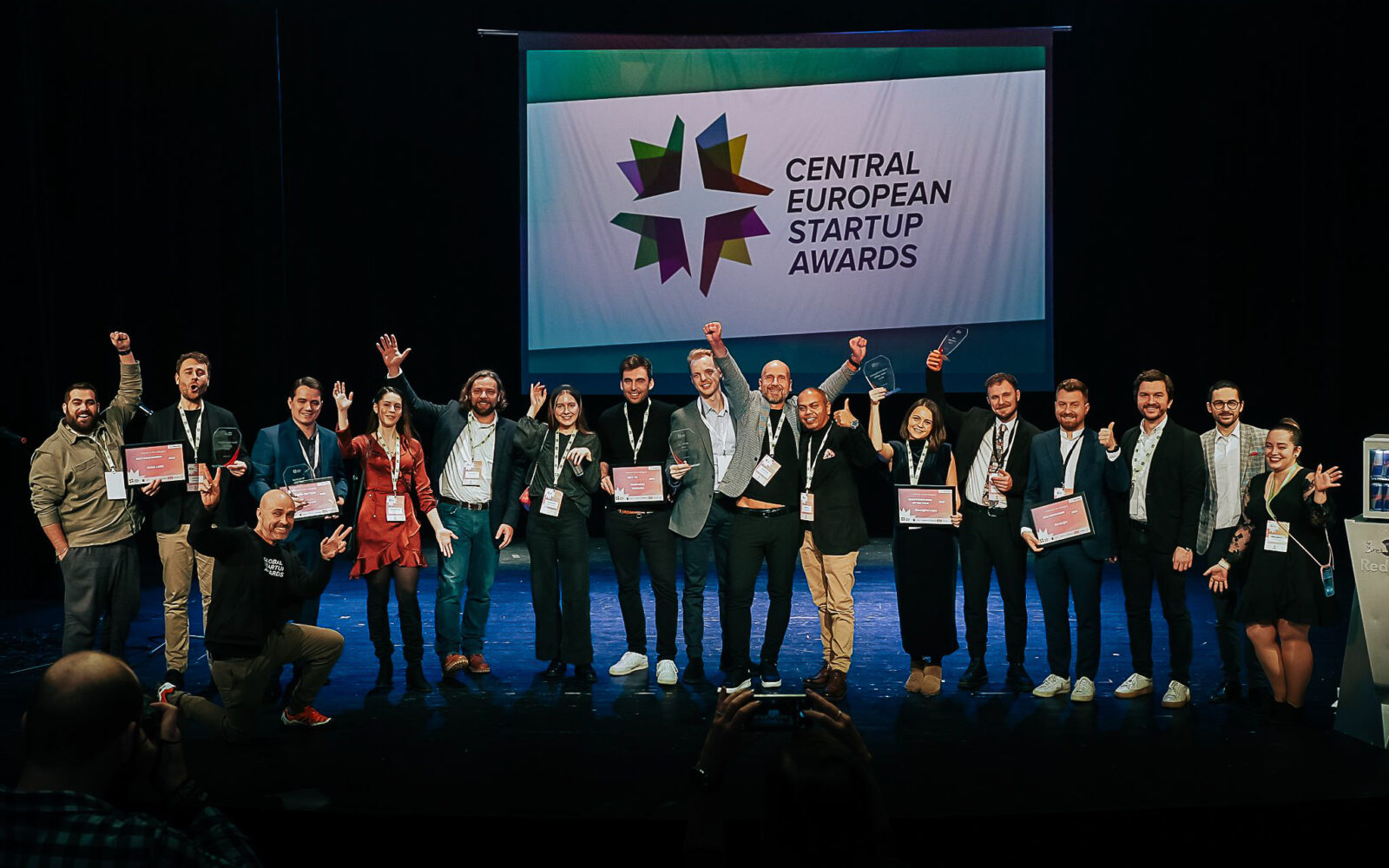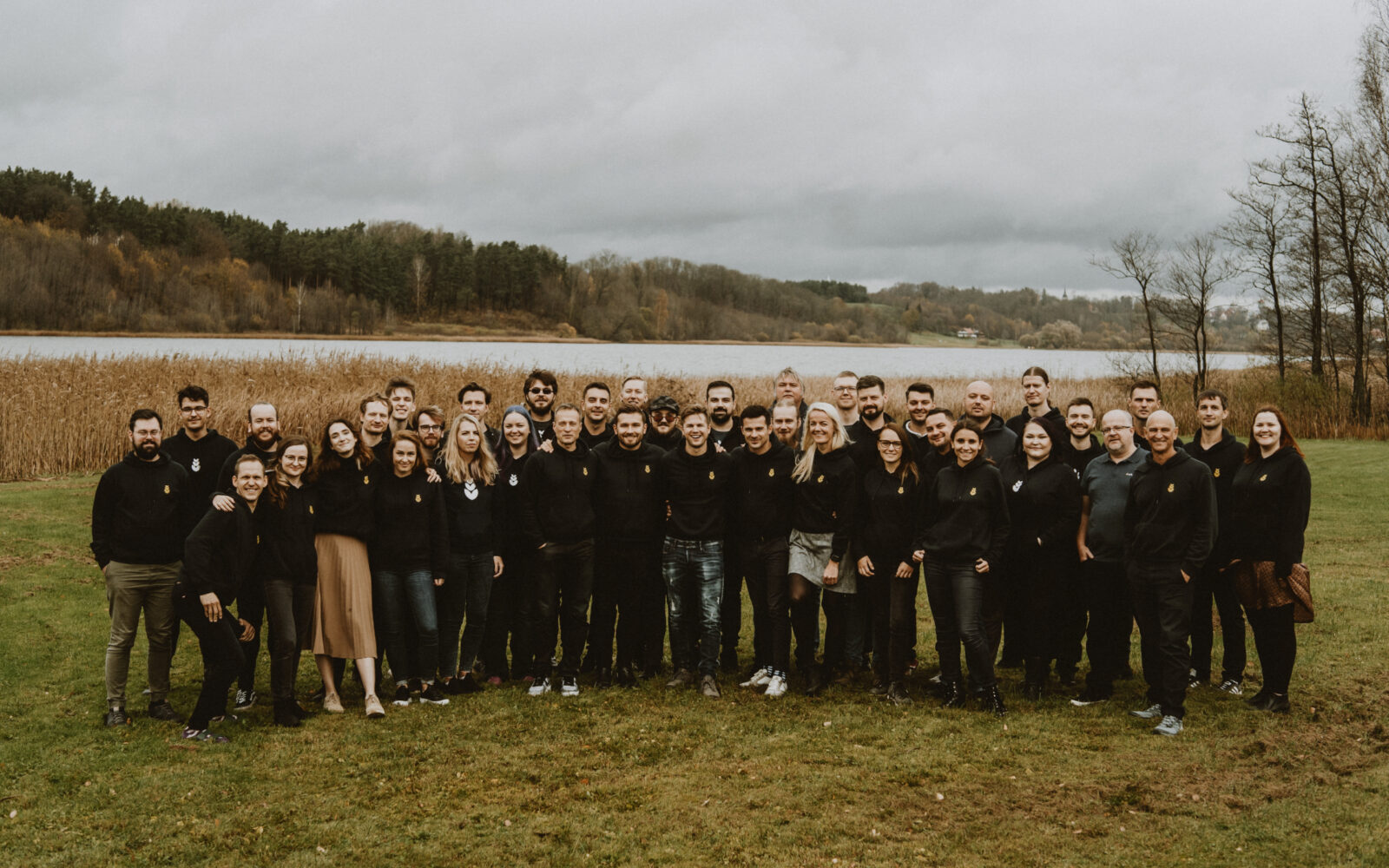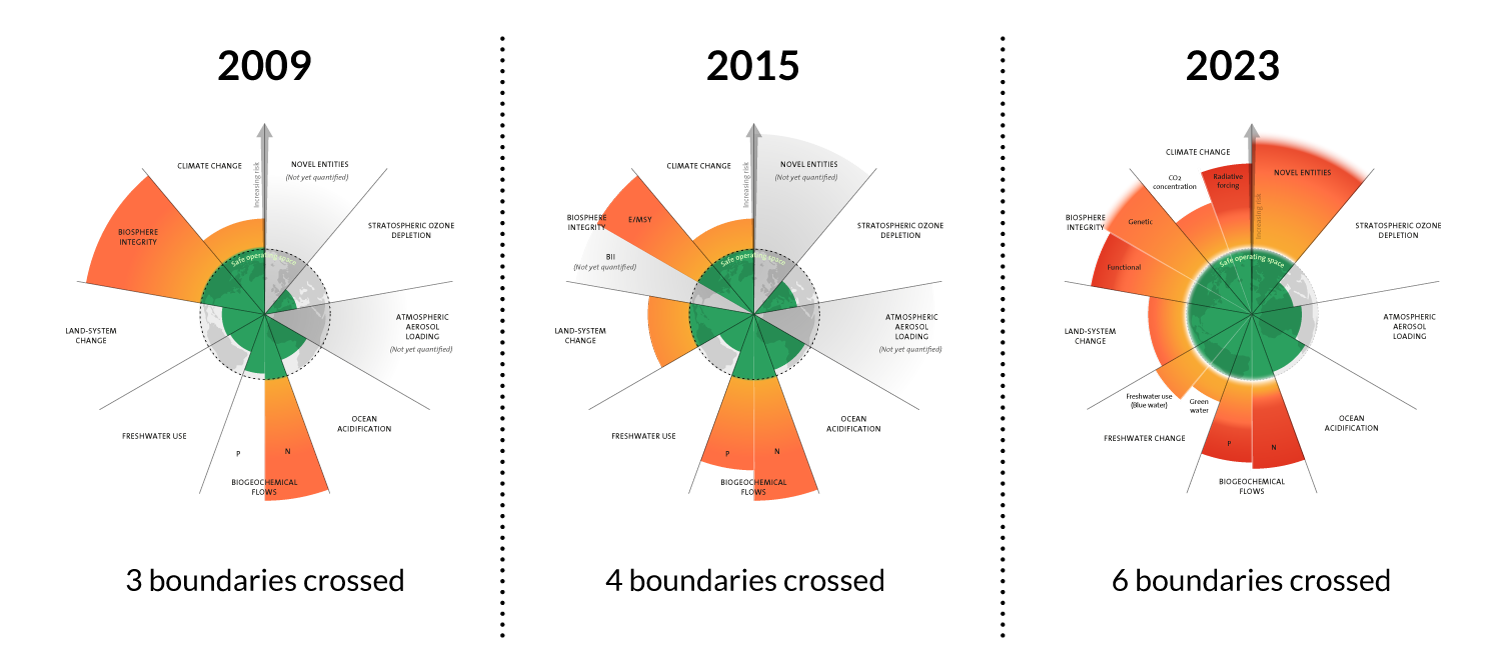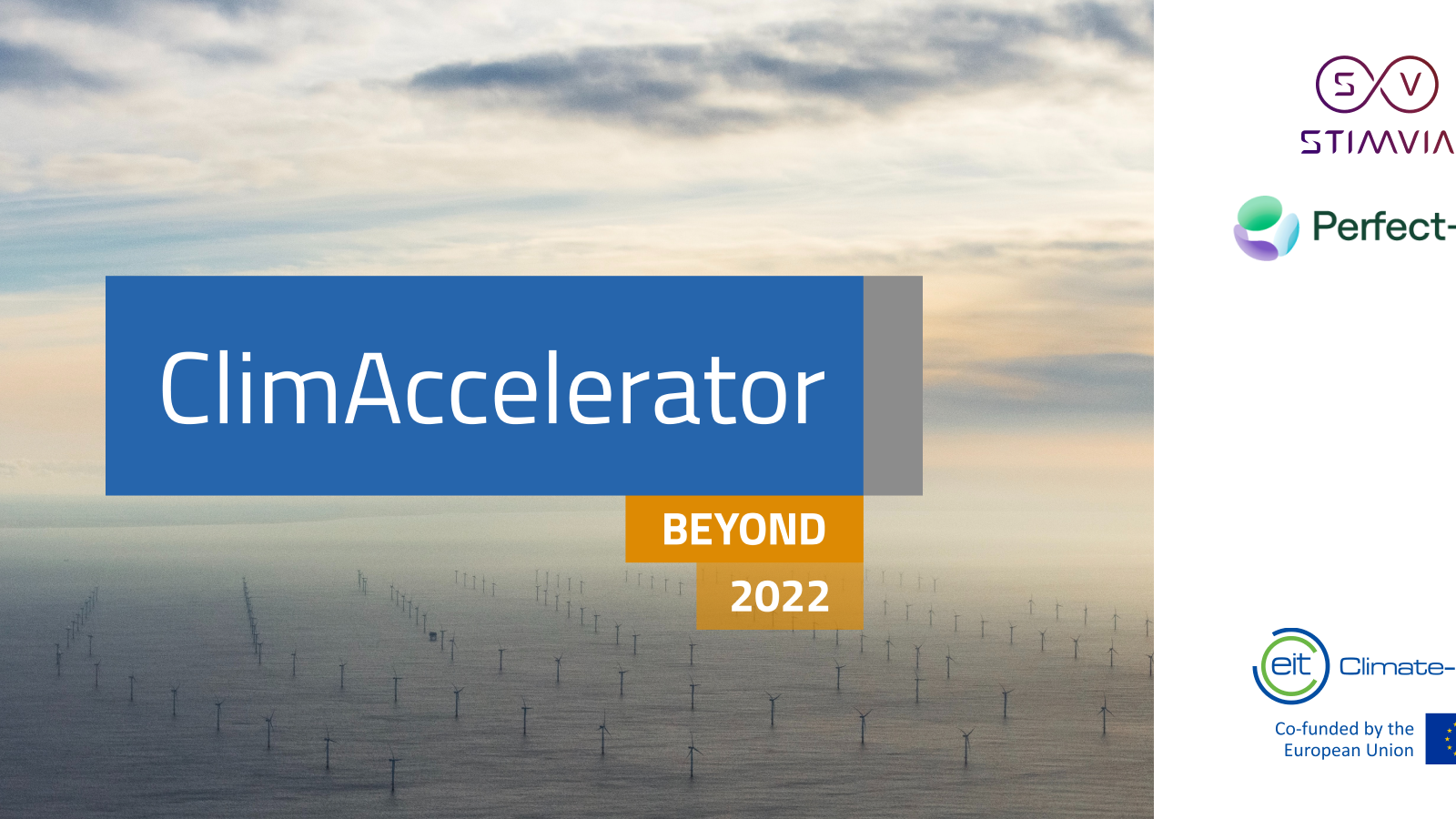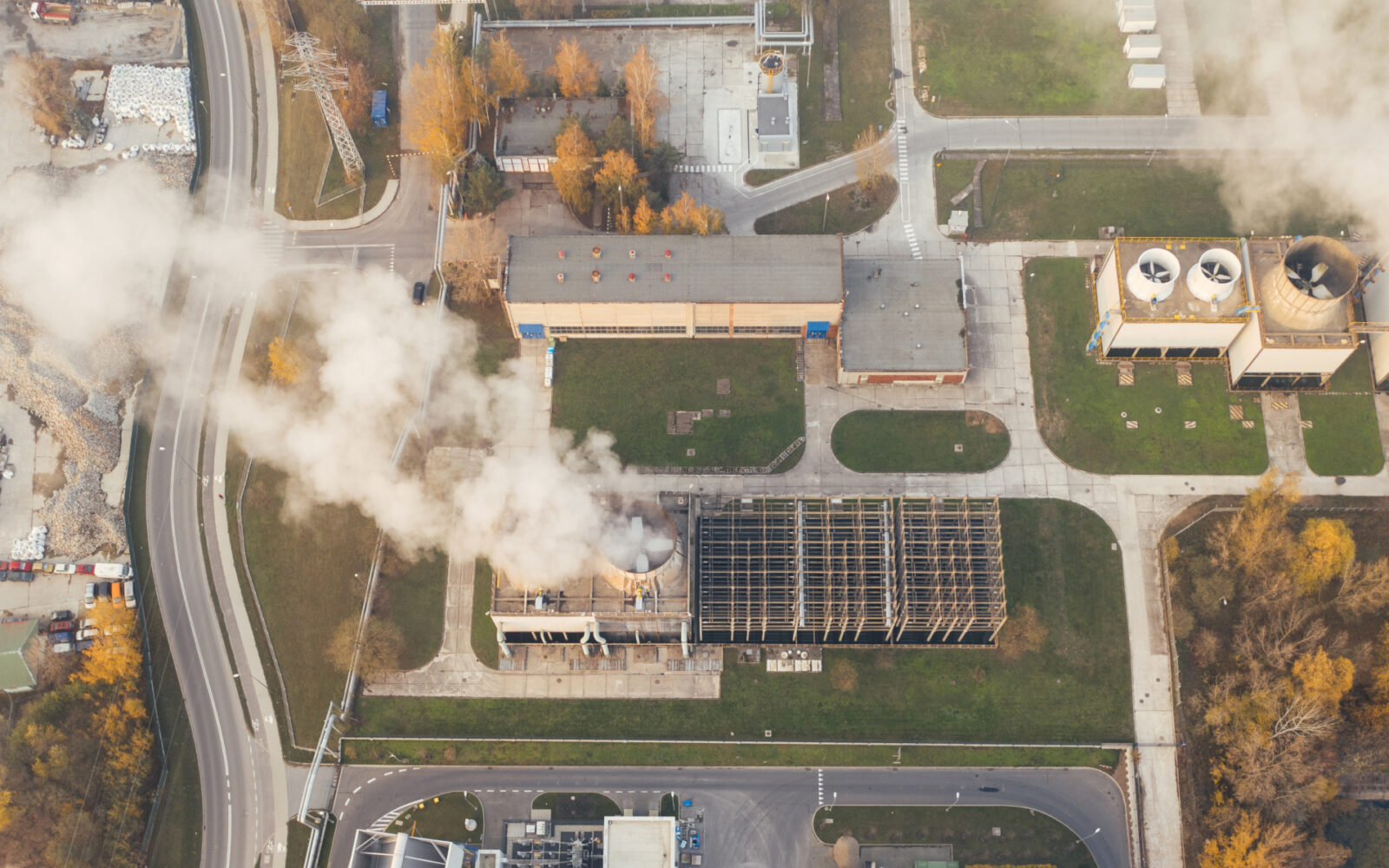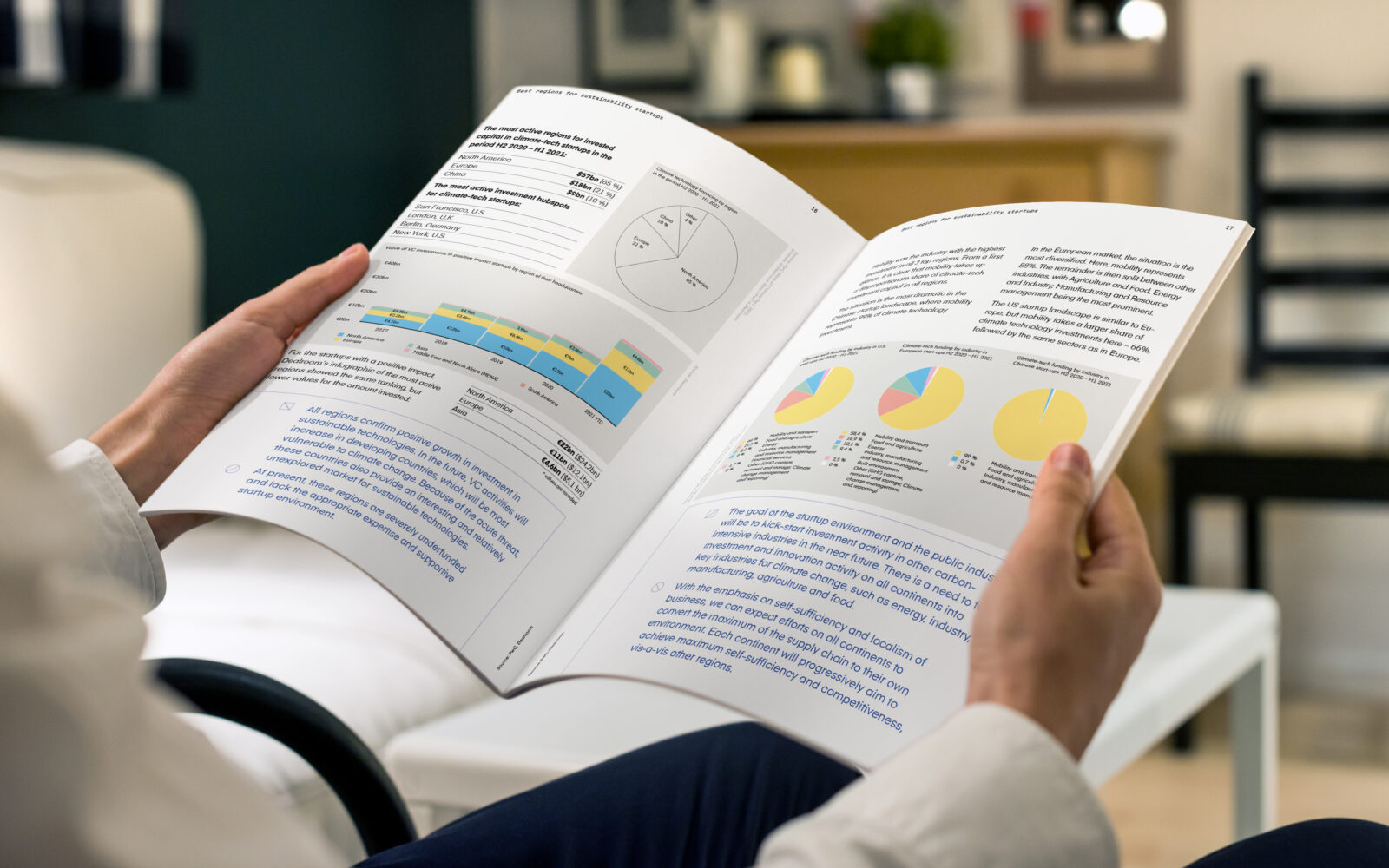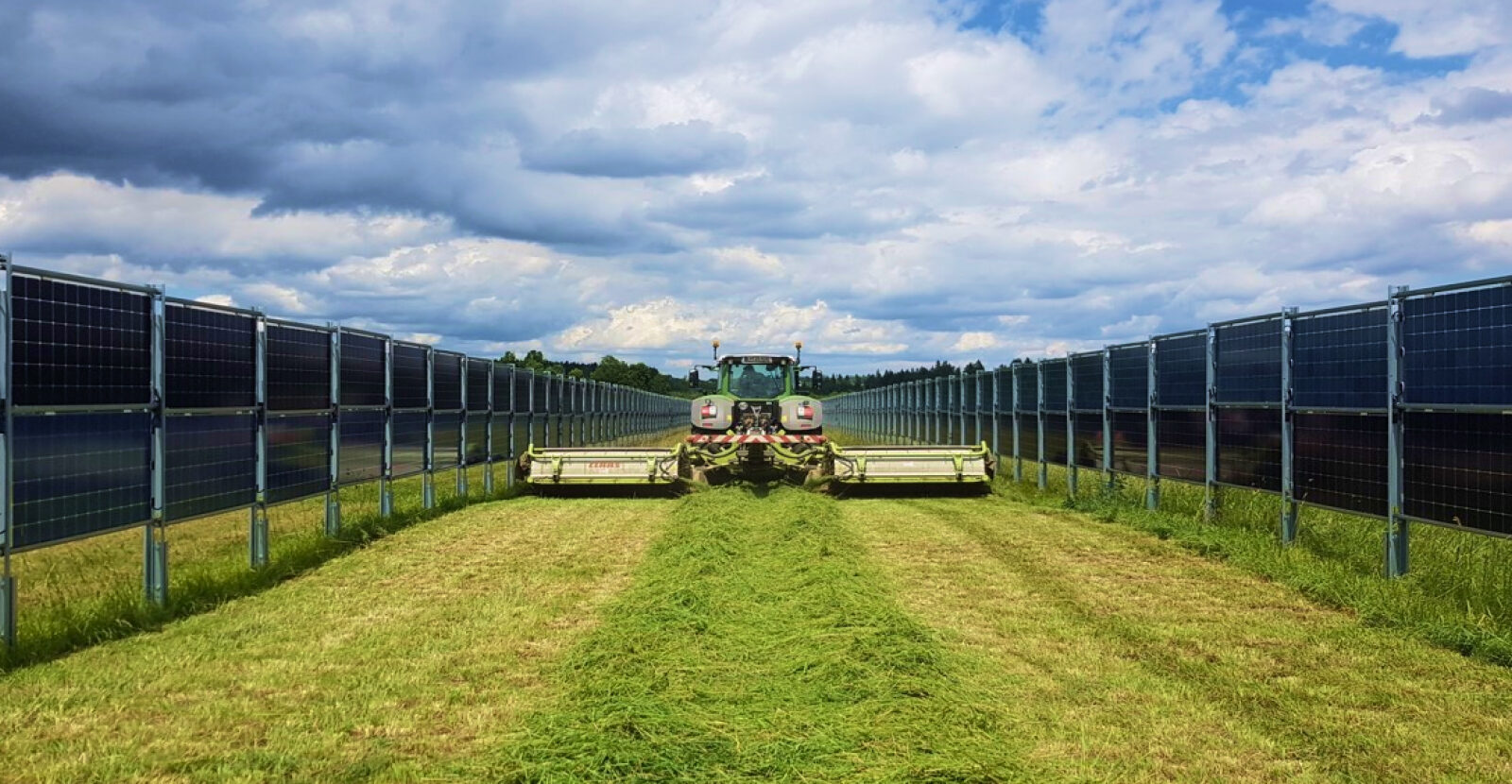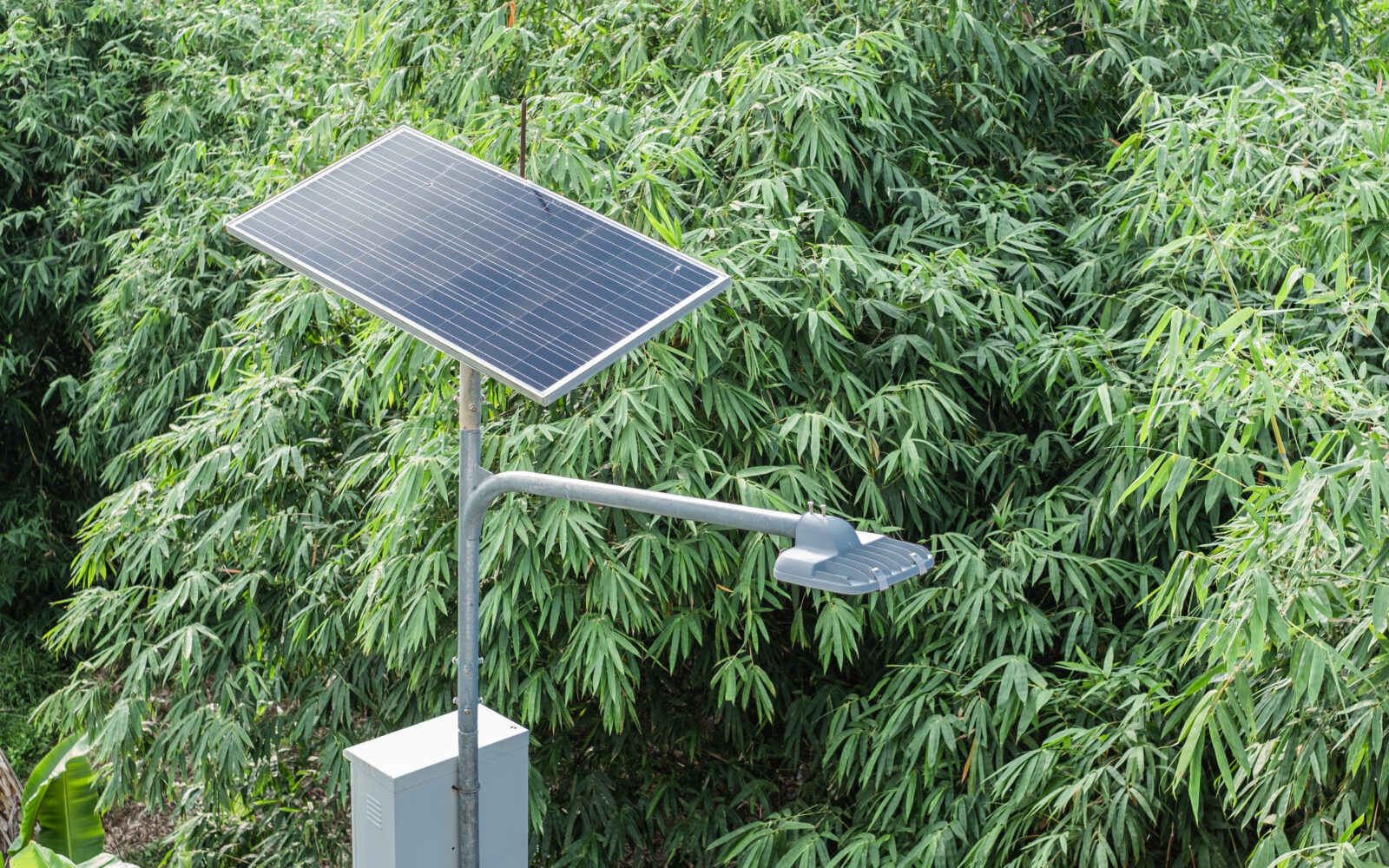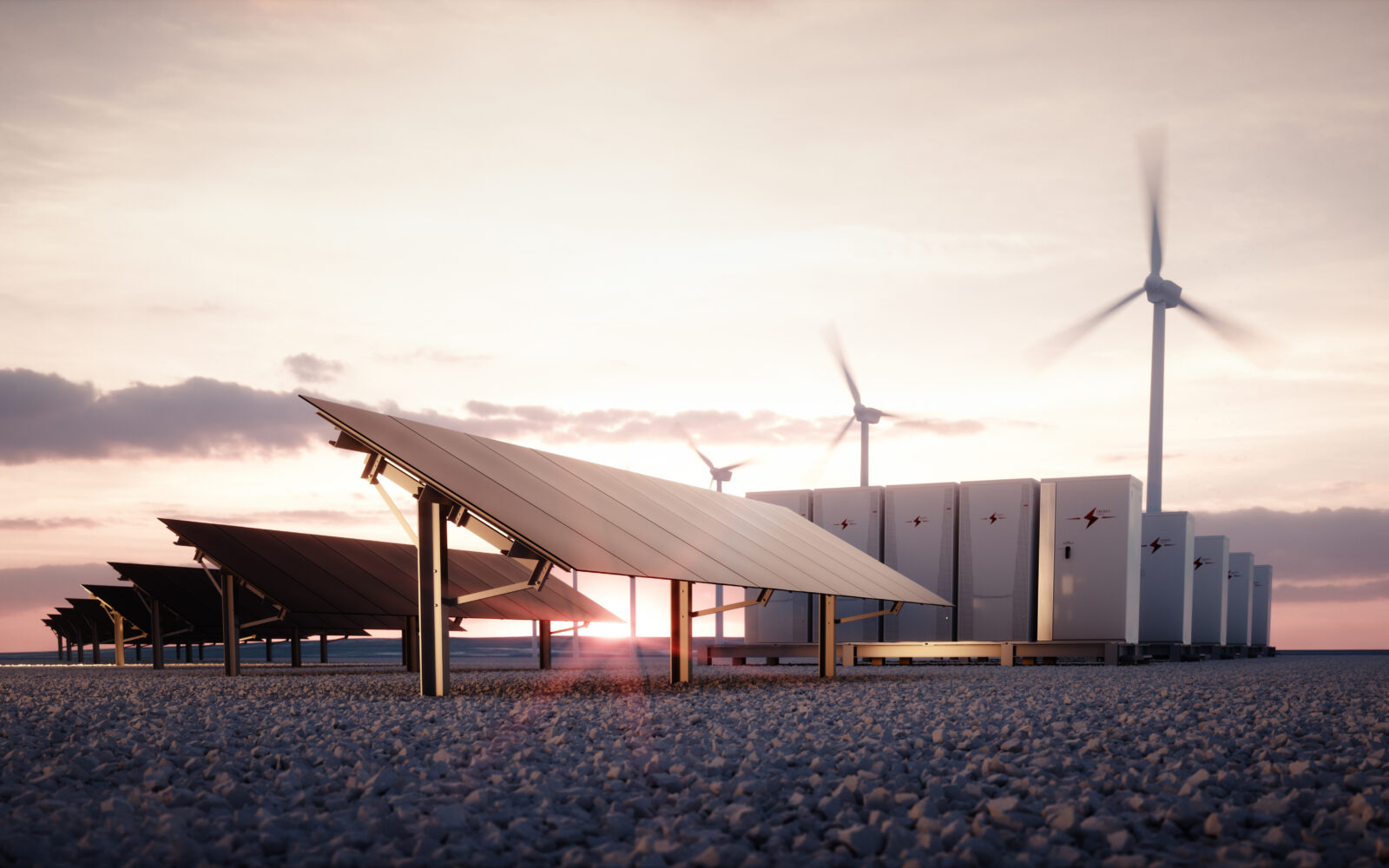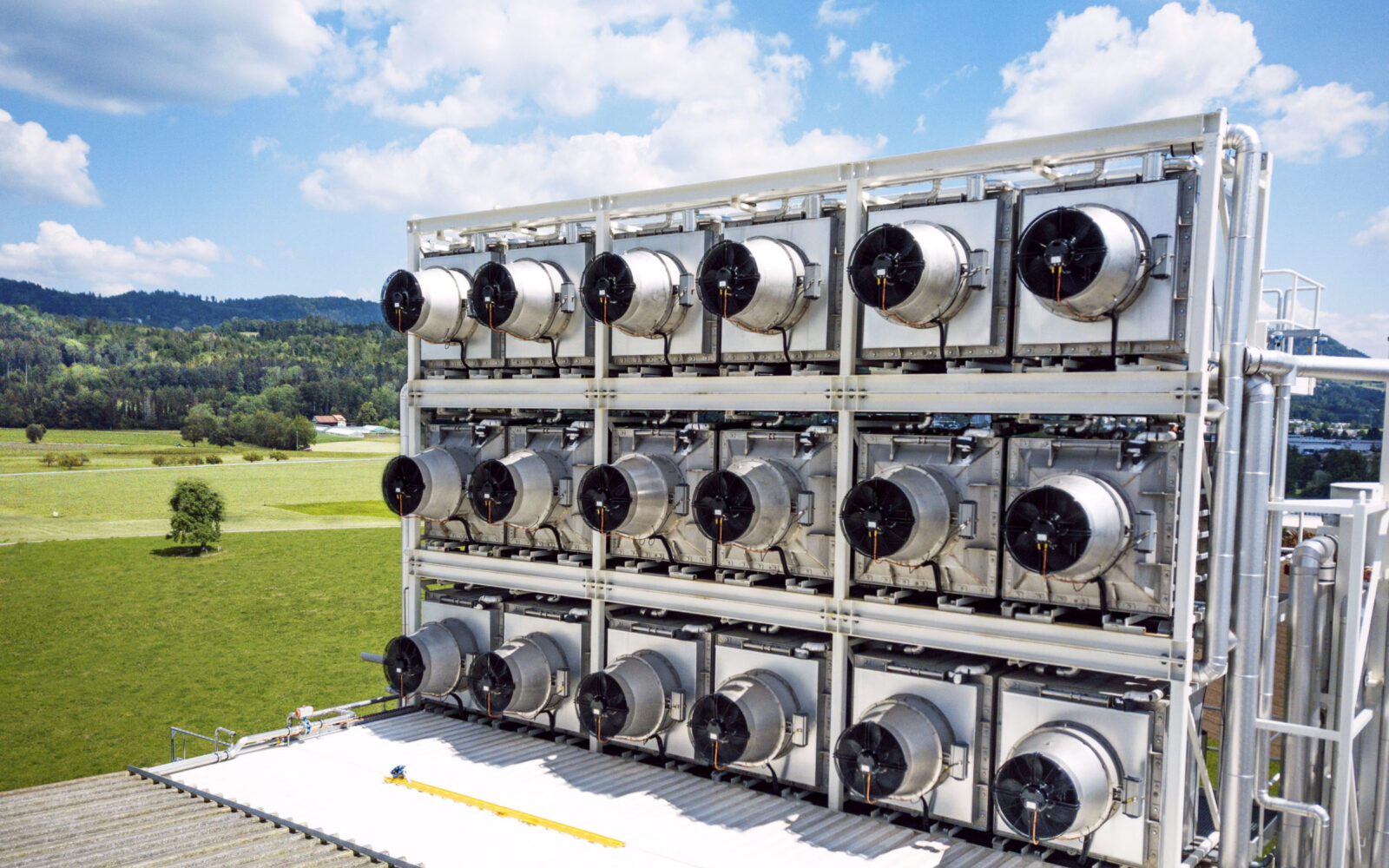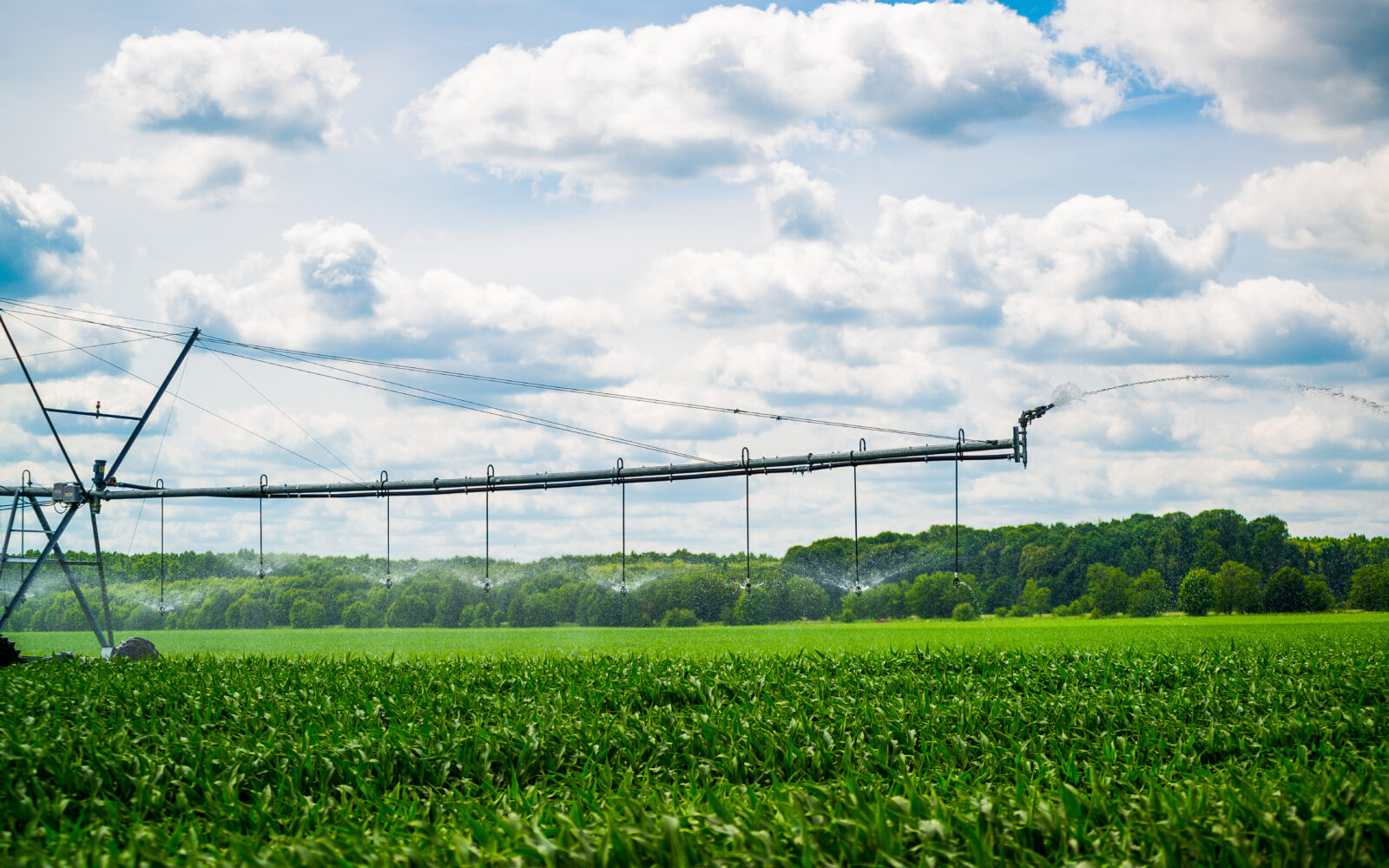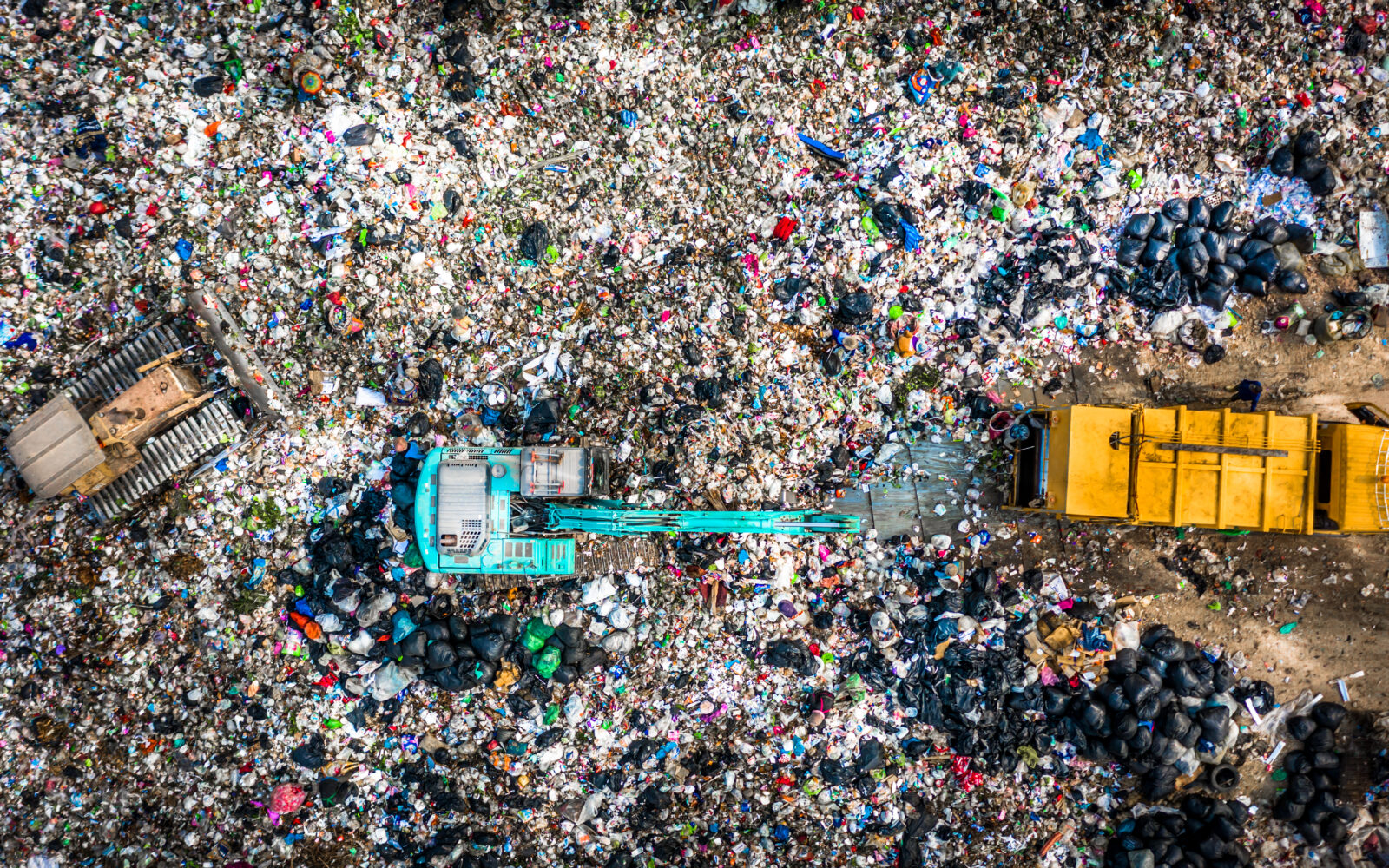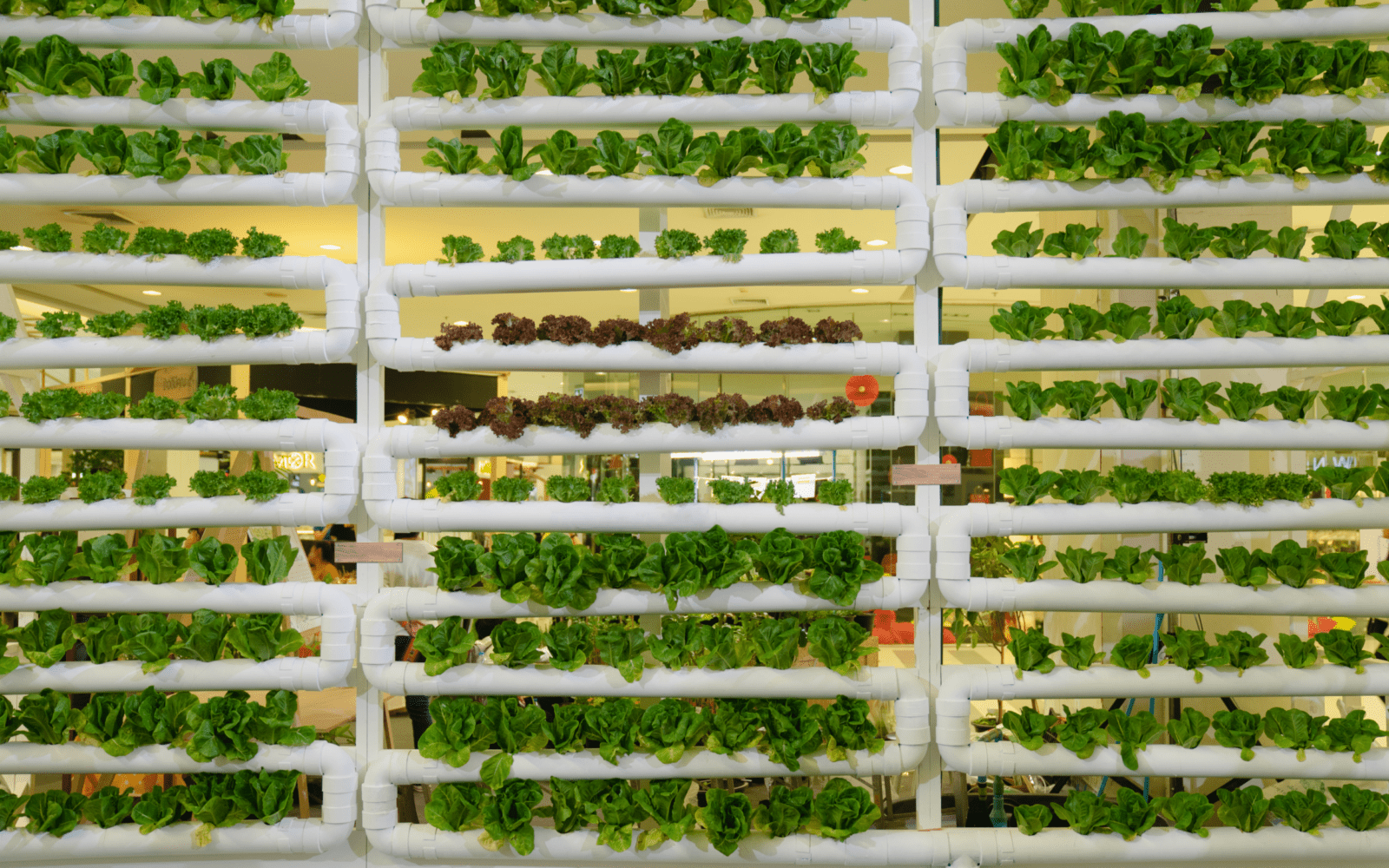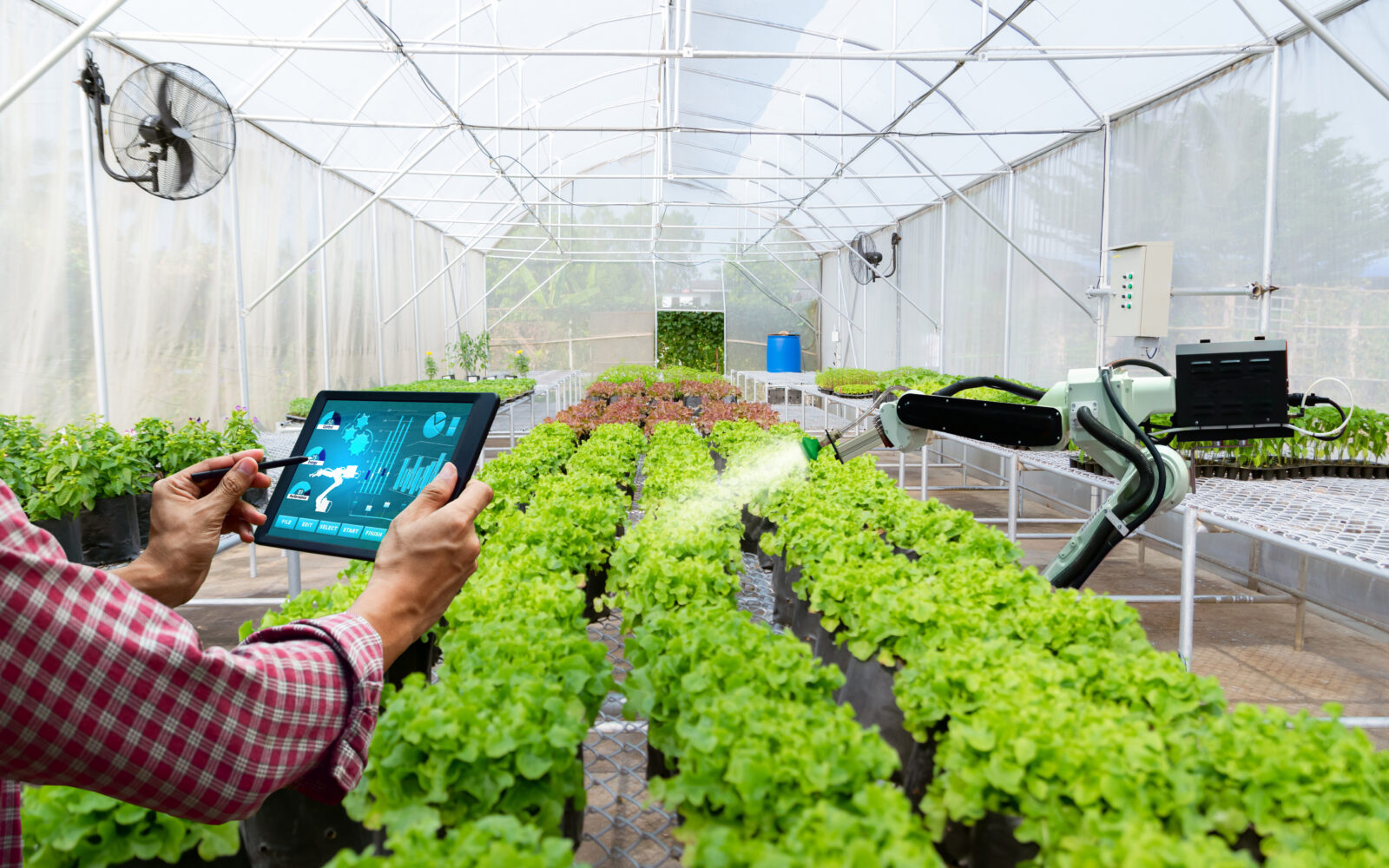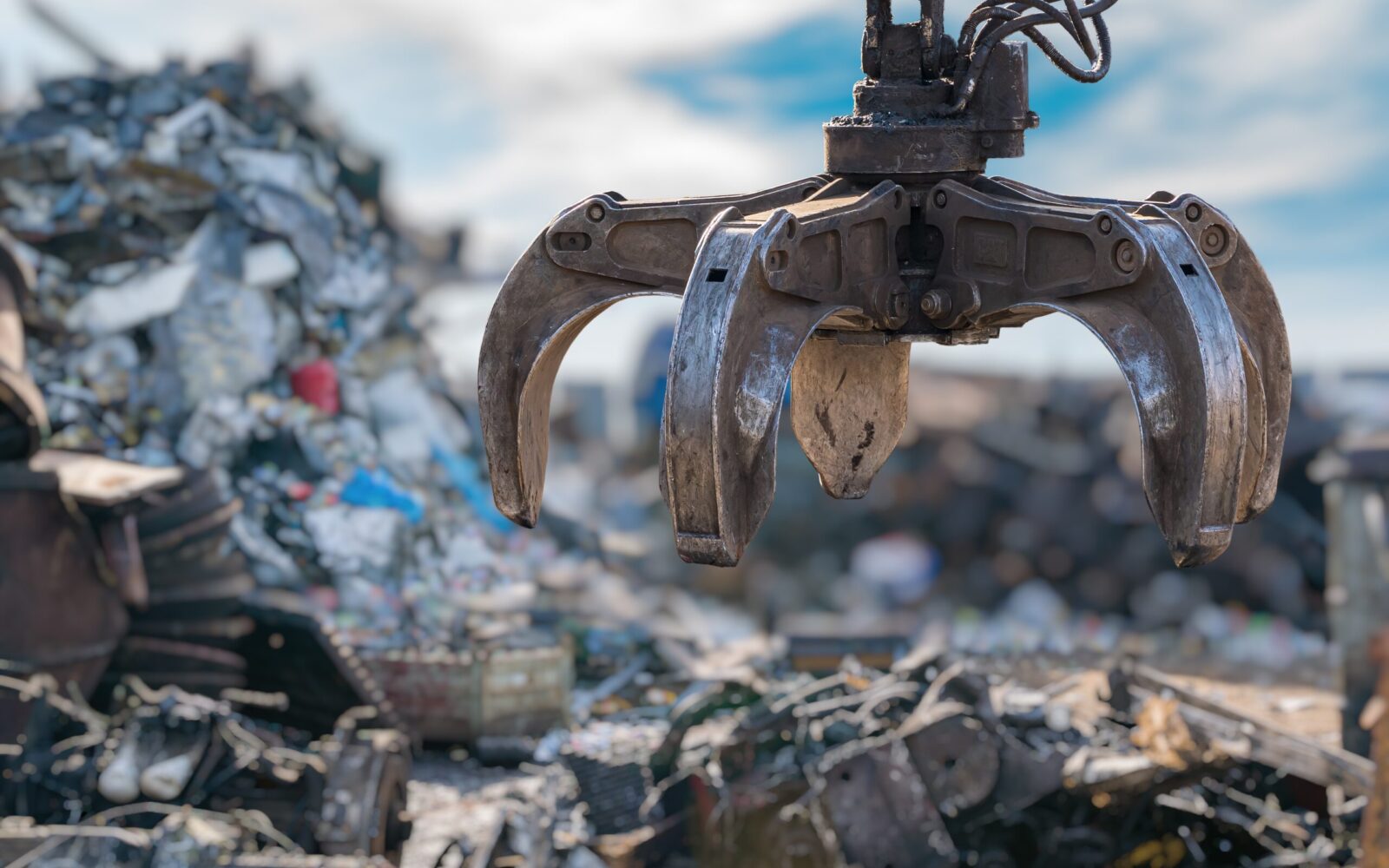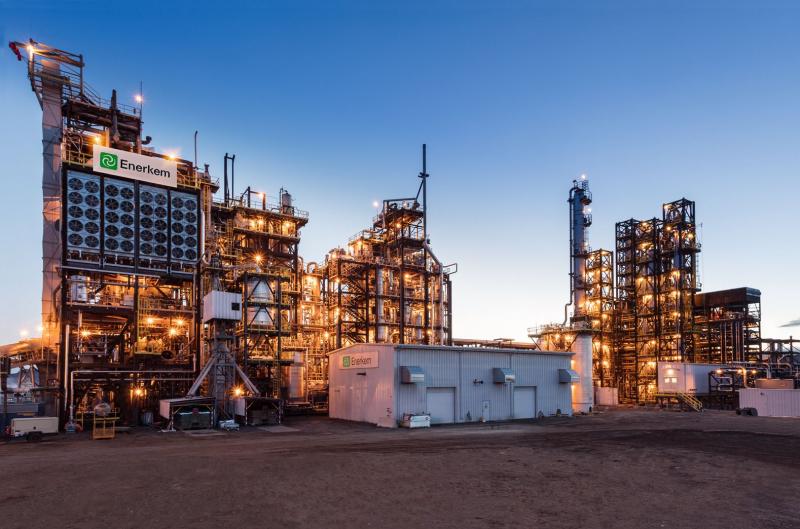Mobility is the most heavily funded sector in climate technology despite not being a major emitter of greenhouse gases. Between 2013 and the first half of 2021, the global value of VC investment in this category was $132 billion, or 61% of all VC investments in climate-tech. Energy accounted for 15% of investment, food and agriculture 12% and industry, manufacturing and resource management 9%. We believe that the distribution of investment in the Czech Republic is similar.
The reason why not as much sustainability-related investment is flowing into the industry is the sector’s historically low flexibility. “The sectors that emit the most greenhouse gases tend to be associated with large, robust factories, power plants, manufacturing facilities and other large-scale infrastructure. This situation is not easy to change, as even sectors like energy or industry are themselves relatively inflexible sectors. Therefore, there have not yet been suitable conditions for innovation and therefore investment. From this point of view, for example, mobility, where the customer expects a new car model every year with new gadgets and innovations, is very different and much more flexible,” explains Václav Gregor, adding:
“Moreover, in the Czech Republic, we have strong businesses in mobility where innovation can be introduced with relative success. In other regions, we would probably expect to see higher investment in agriculture, food or energy, and the circular economy has been doing very well recently.”
War hastens the path to sustainability
Energy and agriculture are some of the key sectors for decarbonising economies. “These two sectors are now being strongly driven by the current war in Ukraine. Europe and other countries dependent on Russian fossil fuel imports must find a way to become energy independent and new innovations such as renewables, green hydrogen, decentralisation of the energy grid, increasing its flexibility or long-term energy storage solutions will play a key role,” says Tomas Kabeláč.
The war is also causing major supply chain issues for key raw materials such as wheat and corn, which have been traditionally imported from Ukraine and Russia, as well as fertilisers, whose main producers are Russia and Belarus. “But again, there is a potential remedy in the form of – vertical farming, precision farming using robotics and AI that can efficiently reduce the need for fertilizers whilst increasing the resilience to climatic changes” comments Kabeláč.
2021 was a breakthrough year
Investing in sustainability is increasingly attracting venture capitalists. Venture capital investment in climate-tech startups exceeded $60 billion in the first half of 2021. This is comparable to the volume for the entire period from 2013 to 2019. The average VC investment in climate-tech was $96 million in the first half of 2021. Compared to 2020, this is a fourfold increase.
We estimate that total investment amounts in sustainable startups in the Czech Republic are in the hundreds of millions of dollars. The 2020 Startup Report survey shows that 60% of Czech startups are focused on areas relevant to sustainability.
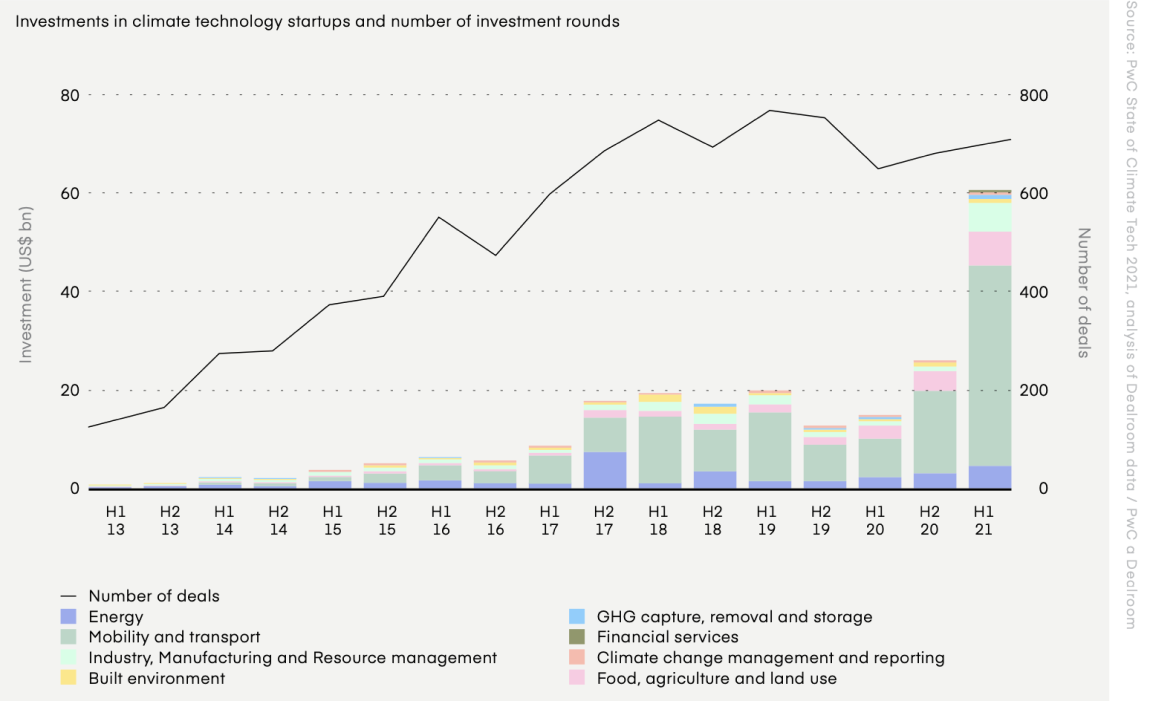
Investing to save the planet
The surge in investment in sustainable technologies comes at a time when the planet is facing the major challenge of climate change. According to PwC, the transformation towards a zero-emission global economy is currently too slow to limit the global temperature rise to 1.5°C above pre-industrial levels. Reuters reports that investment in climate technology needs to increase to $5 trillion a year by 2030. According to the Intergovernmental Panel on Climate Change, the world then has 3 years to significantly reduce its dependence on fossil fuels. The IPCC says we are headed for 2.9 to 3.2°C of global warming under current conditions.
To have the best chance of achieving the goals of the Paris Agreement, we must direct our investments to the sectors that pollute our planet the most and contribute to climate change by emitting greenhouse gases, such as industry & manufacturing, energy or agriculture.
Sources:
Developments and trends in the sustainability startup industry
